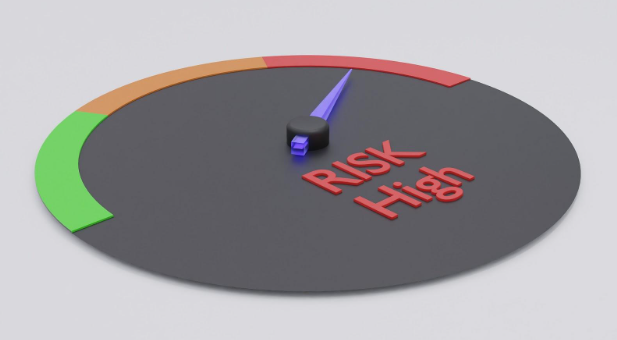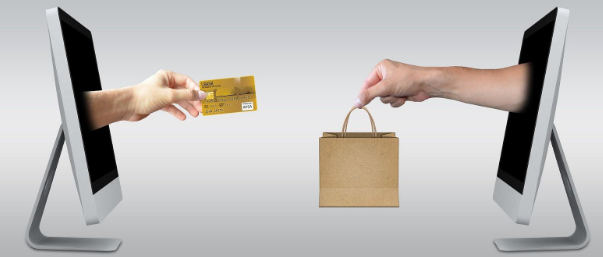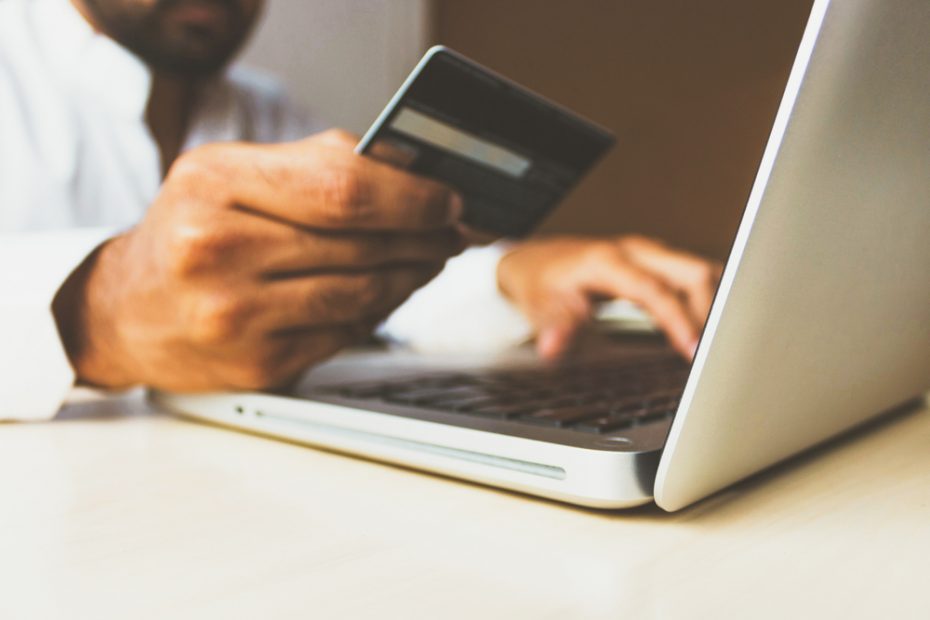What is a Merchant Account?
Businesses, especially online businesses, need the following to process credit and debit card payments:
- Merchant account
- Payment processor or payment gateway
- Business bank account
All of these tools work together to make the payment process seamless and secure, protecting the business and the customer.
A merchant account is one of the most important financial tools for a business to have. The level of protection provided by a merchant account is unmatched, making it a necessity for businesses everywhere.
How Does a Merchant Account Work?
A merchant account is a special bank account set up with the payment processor to allow a business to accept debit and credit card payments. The main point of having a merchant account is to protect the business from fraud and chargebacks.
A merchant account works together with a payment processor, the business bank account, and the issuing bank of a customer’s credit or debit card.
First, the customer swipes their card or enters their card information online, sending the information to the payment processor. Next, the payment processor sends the information to the merchant account provider, and together with the payment processor funds are confirmed.
The customer’s card issuer will tell the payment processor and merchant account if the transaction is approved or declined. If declined, the process ends. If approved, the funds are sent to the merchant account.
From here, the funds are sent from the merchant account to the business bank account. There could be a waiting period for the funds to appear in the bank account, it depends on the bank and their terms.
For a merchant account to send the funds to a business bank account seamlessly, the business should have an account with a merchant acquiring bank. This is going to be a financial institution that is a member of credit card networks, which are usually Mastercard and Visa.
The payment processor company a business chooses will be able to assist in finding a merchant acquiring bank, or the business can check out the Mastercard or Visa website to find one.

How to Get a Merchant Account
Getting a merchant account is an easy process to follow, but it is important to make sure the steps are followed efficiently and correctly.
1. Obtain a business license. To open a merchant account, the business has to be legitimate. This can be proven with a valid business license.
2. Open a business bank account. The funds from customer payments need to go somewhere with the business name on it. To open, a business needs an EIN and valid business license. (The bank must be a merchant acquiring bank.)
3. Evaluate business needs. The business should think about what they need from a bank before opening a business account. Consider both short and long term financial goals.
4. Research different banks. After determining what the business needs are, search for different banks that will fit most, if not all, of the needs.
5. Fill out an application for a merchant account. With a business bank account, business license, and EIN, apply for a merchant account with the chosen provider. The bank will also need to verify an authorized signer to access the money in the merchant account.
6. Submit the application to the underwriter. The merchant account provider will evaluate the business to determine the eligibility. Some businesses are flagged as high risk, which may take a little longer.
7. Get approval and start processing payments! After the merchant account provider approves the business application, the business can accept credit and debit card payments online immediately.
As long as a business has been in good standing (without a high number of chargebacks) for a minimum of a few months, getting approved should be easy. However, in the case of being flagged as high risk, the process can be a little longer.
How to Get a High Risk Merchant Account
There are many reasons a business can be flagged as high risk during underwriting with a merchant account provider.
- The business is a new merchant.
- The business has a high number of transactions (over $20,000 per month or more than $500 average transaction amount).
- The business accepts international payments.
- The business has a low credit score.
- The business is operating in a high risk industry (travel, gambling, debt collection, etc.).
To get a high risk merchant account, the process is almost exactly the same as applying for a low risk merchant account:
- The proper documents need to be provided to the merchant account provider
- The application will be sent to an underwriter
- The underwriter will determine the risk level of the business
Luckily, being flagged as high risk doesn’t mean it makes it harder to get approval from a merchant account provider.
It just means they might need more documentation from the business to determine exactly how high risk it is to plan their fees accordingly.
There are even some merchant account providers that exclusively work with high risk businesses, which can cut down some time on the approval process if a business thinks they might be high risk. This type of provider will be able to request all the necessary documents initially, instead of having to wait for a risk level.

Benefits of Having a Merchant Account
There are several benefits to opening a merchant account:
Accept Credit and Debit Card Payments About 80% of consumers prefer to use credit and debit cards over cash. This is important not only for ecommerce businesses, but retail locations, too. When customers prefer to pay with a credit card or debit card, it is a huge benefit to be able to offer that option to them.
Increase Revenue
When given access to purchasing with a credit or debit card, consumers are more likely to spend more money. This gives a business the opportunity to sell more at one time, increasing overall sales and revenue.
Happy Customers
Consumers today prefer flexibility and convenience. Using a merchant account allows for that convenience that customers are searching for. Businesses can accept several different payment options, leaving consumers happy and ready to buy again.
Using a merchant account also helps customers feel more secure in their purchases and confident that their information is safe. They can shop knowing the money will reach the intended business.
Prevent Bad Payments
A merchant account has the ability to catch payments that might be coming from an account without the proper funds in it. This helps protect the business from potential fraud and future chargebacks.
Benefits of Having a High Risk Merchant Account
While it might seem like a bad thing to have a high risk merchant account, there are also benefits to opening one.
- Opportunity for growth as a business
- Ability to accept multiple currencies
- High level of protection for chargebacks
- Account reserve for unexpected chargebacks
- Processing credit and debit cards with low or bad business credit
- Increased revenue
- Lower chance of unexpected account termination
- Higher volume potential (over $20,000 per month or more than $500 average transaction amount)
- Ability to offer subscription-based services
Choosing the Right Merchant Account
There are many different merchant account providers out there, making it tricky to find the right one. There are a few different qualities a business should look for when researching the best merchant account.
1. Secure Payments. Look into the level of security offered by the provider
2. Fees. How much does the provider charge in fees? Are there any hidden fees?
3. Customer Reviews. The best way to determine if a merchant account is a good fit is to read current and past customer reviews
4. Processing Amounts. Each merchant account offers varied processing amounts. Make sure the processing amount offered by a merchant account fits the business needs
5. Payout Processing Times. Typically, merchant account providers release funds to business accounts in one to seven business days. If a business needs faster payments, this is something to look for before deciding on a provider
6. Features. Different merchant account providers will offer different features to businesses. Review the features offered to ensure they match business needs
7. Easy Use. No one wants a merchant account that is hard to use, so it is important to make sure the account is seamless and easy to use

Open a Merchant Account for Your Business Today!
Starting a business, especially an ecommerce business, it is crucial to understand the necessary financial tools to succeed. One of the most important financial tools to a business is a merchant account.
Emerchantbroker offers high risk merchant accounts for all business needs. The benefits of a merchant account with Emerchantbroker include:
- Cash advances
- High-volume payment solutions
- Chargeback prevention and resolution
- Business funding
- And more!


